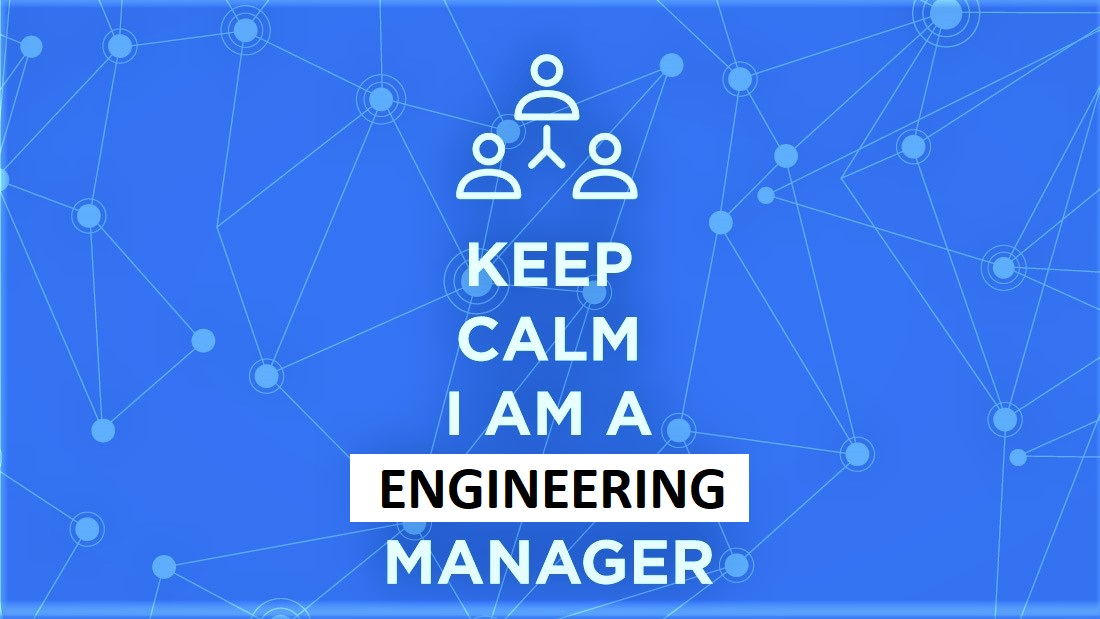My role and responsibilities of an Engineering Manager
As Engineering Managers (EM), we play an essential role in leading and managing teams of engineers to ensure the smooth day-to-day operation and career progression of those we support.
If you have a technical degree in particular, this can be especially jarring; working with other people, and moving into leadership requires an entirely different set of skills.
– The Manager’s Path by Camille Fournier
The biggest misconception engineers have when thinking about moving into management is they think it’s a promotion. It’s a career change, not a promotion.
People and Process First
When you become a leader, you must transition from being responsible for the job, to being responsible for the people who are responsible for the job.
– Simon Sinek
Think Kaizen. A Japanese term that refers to the continuous improvement of processes. The goal for us is to create a culture of continuous improvement, where every team member is encouraged to identify and implement changes that will improve efficiency and quality.
This is the management philosophy we strongly believe in. We leverage our wisdom and experience to help our team members to succeed. It can be taking care of the well-being and the growth of the team member by creating a learning and supportive environment for the team to collaborate, and build (and experiment) with processes to improve the effectiveness of our operations.
Become the glue
Effective managers tend to become the glue in their team, filling any gaps. That means sometimes doing things you don’t really want to do in order to set a good example.
– Elegant puzzle by Will Larson
We’re not necessarily the ones who need to do the dirty (technical) work anymore. They can be delegated, and that is what we need to do to succeed. Nevertheless, we still need to maintain a certain degree of hands-on and discussion group to stay relevant to support the team, filling in any gaps and also dealing with stakeholders that come along. For example, the ability to build a mental model of how things work and connect them.
A day at work
Not forgetting, the usual stuff that we do as a manager is also part of our responsibility. They are the vital heartbeat to keep the business running.
That said, it is much easier for us to run down a day at work, and share a high-level gist of it.
- Manager — doing all the administrative work that the management needs.
- Mentor/coach — provide career guidance for your direct team members.
- Scrum master (or agile coach) — facilitate and coach the team, to ensure that we stay on track with the rituals and development work.
- Advisor — provide advice and oversight such as the best practice, industry and compliance standards, etc during the development.
- Hiring manager — assists in the recruitment process and helps bring like-minded people to the team.
Why should you consider
Foremostly, management offers tremendous opportunities for career growth and advancement. As you gain experience and develop your leadership skills, such as:
- Opportunity to lead and mentor. Through 1:1 and other mediums, you’ll be shaping your career and growth plan.
- Another way to bring impact. As you’ll have a more significant impact on the success of the project and the overall business. Delivering impact is not limited to solving technical work, but rather by setting the direction and enabling others.
- Broaden your skillset. EM requires a broad set of skills, including technical knowledge, leadership, project management, and communication. By taking on this role, you’ll have the opportunity to broaden your skills and develop new competencies.
Conclusion
A career as an Engineering Manager offers a unique set of challenges and opportunities for Software Engineers. If you’re interested in broadening your skillset, having a greater impact on the success of projects, and advancing your career.
The original article was written by me on Medium. Feel free to give it a read there!
